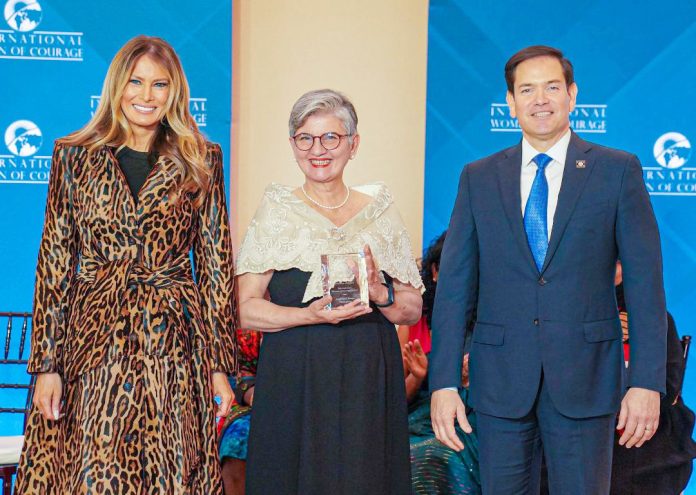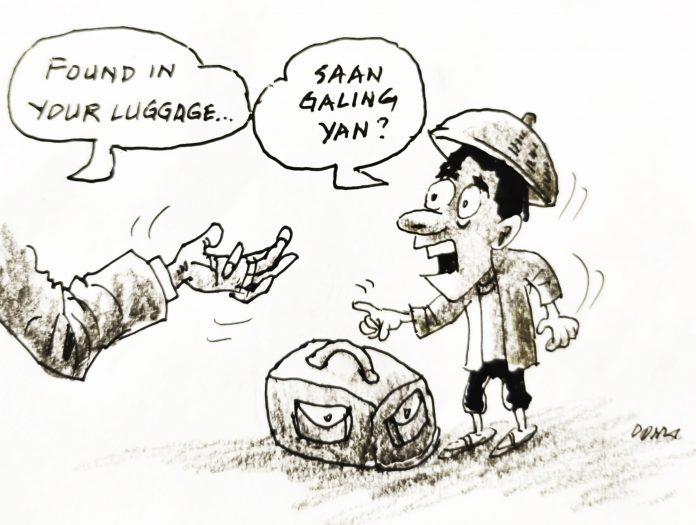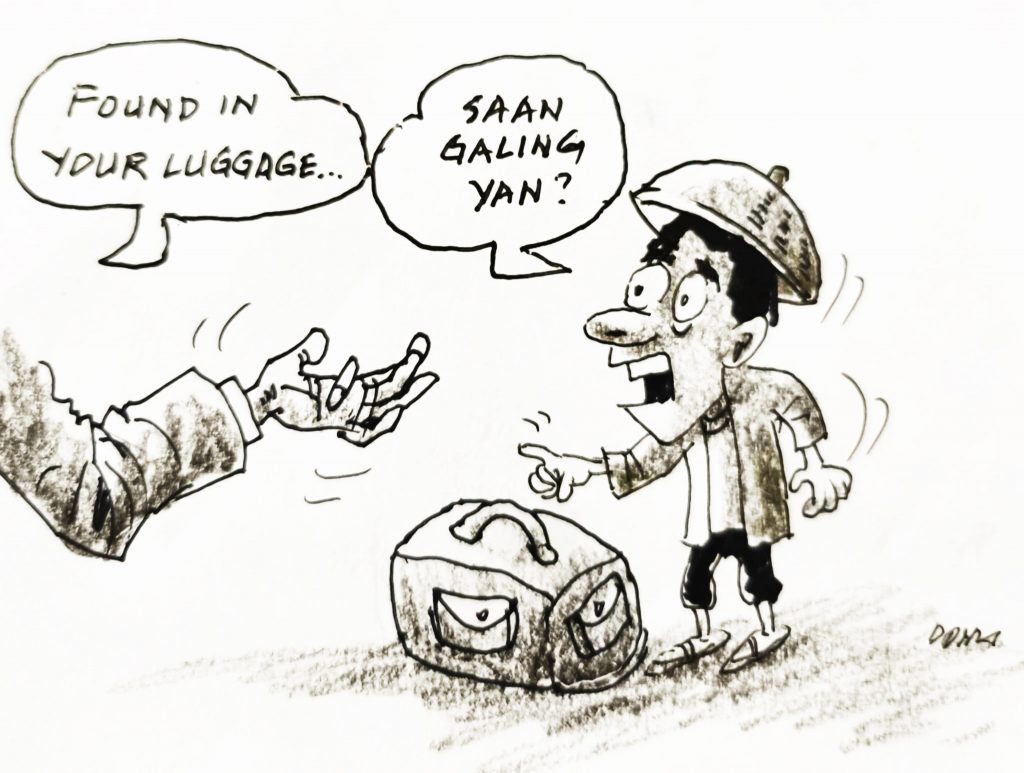
Manila-Tubbataha Reefs Natural Park Protected Area Superintendent Angelique Songco, also known as “Mama Ranger,” has been named among the U.S. Secretary of State’s 2025 International Women of Courage (IWOC) for her longstanding leadership in protecting and conserving marine biodiversity in Palawan.
U.S. Secretary of State Marco Rubio and First Lady of the United States Melania Trump recognized Songco and seven other awardees during the annual IWOC Award Ceremony in Washington, D.C., on April 1.
“At the State Department and under President Trump, we try to take every opportunity to defend and to promote women and girls across the world,” Secretary Rubio said at the ceremony. “And let me reaffirm the importance of protecting women and girls and promoting their well-being are American goals. So to our honorees, congratulations, and thank you for your work to create a safer and more secure and just world.”
Songco received the award for leading a team of marine park rangers who protect the 97,030-hectare Tubbataha Reefs Natural Park, the Philippines’ largest protected area. She has managed the park since 2001, working with the rangers to protect the reefs from illegal fishing, poaching, and unsustainable tourism practices.
Under her leadership, the Tubbataha Reefs received multiple global recognitions, including being one of the first Platinum Global Ocean Refuge Systems (now known as Blue Parks). As the reefs flourish, Songco and her rangers have become an example of what is possible when a strategic leader successfully combines natural resource protection with community engagement.
“For me, courage is making decisions, making one’s choices, despite the uncertainties,” said Songco. “This award is not just about my work. The efforts of the Rangers to conserve and protect Tubbataha ensures the food security of the Philippines. Even if we are just a very, very small part of the ocean, to have a place that is no-take where fish and corals can thrive is critical to our livelihoods.”
Joining Songco as 2025 IWOC awardees are: Henriette Da (Burkina Faso); Amit Soussana (Israel); Major Velena Iga (Papua New Guinea); Georgiana Pascu (Romania); Zabib Musa Loro Bakhit (South Sudan); Namini Wijedasa (Sri Lanka); and Amat Al-Salam Al-Hajj (Yemen). Women Student Protest Leaders of Bangladesh also received the Madeleine Albright Honorary Group Award.
Created in 2007, the Secretary of State’s IWOC Award recognizes women from around the globe who have demonstrated exceptional courage and leadership in advocating for peace, justice, and the empowerment of women and girls, and more, often at great personal risk and sacrifice. The U.S. Department of State has recognized more than 190 IWOC awardees from over 90 countries.
Following the IWOC ceremony, Songco will participate in an exchange program, including both an International Visitor Leadership Program (IVLP) in Washington, D.C., and additional programming in Los Angeles, during which she will engage with U.S. women leaders and institutions to explore women’s role in shaping dialogue and policies and explore programs and legal structures in the U.S. to protect women and girls.
The IVLP is the U.S. Department of State’s foundational exchange program designed to introduce emerging foreign leaders to their American counterparts, U.S. society, culture, and values. (PR)






